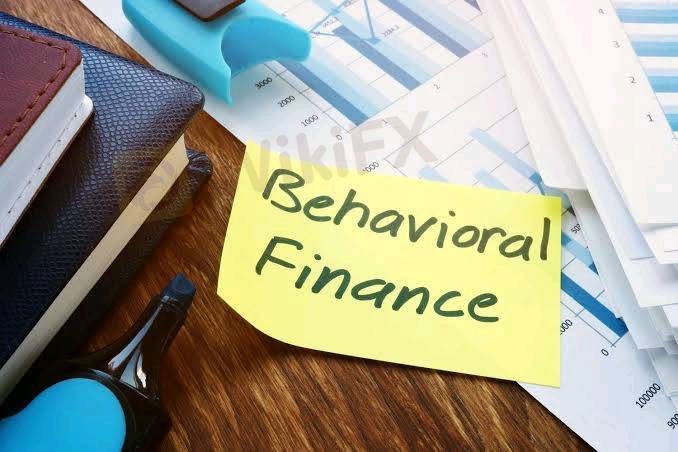
2025-02-17 20:48
IndustryBehavioral Finance: Psychology and Decision Making
#Firstdealofthenewyearastylz
Behavioral finance is an interdisciplinary field that combines psychology and economics to understand how individuals make financial decisions and the psychological biases that affect their financial behaviors. Traditional finance assumes that people are rational and make decisions based purely on available information, seeking to maximize utility. However, behavioral finance recognizes that people often make irrational choices due to cognitive biases, emotions, and social influences.
Here are some key concepts in behavioral finance related to psychology and decision-making:
1. Cognitive Biases
Overconfidence Bias: Investors tend to overestimate their knowledge and ability, leading to excessive risk-taking or overtrading.
Anchoring Bias: People rely too heavily on the first piece of information (anchor) when making decisions, even if it is irrelevant.
Availability Bias: Decision-makers give undue weight to information that is readily available or recent, rather than using all relevant information.
Confirmation Bias: Individuals seek out information that confirms their pre-existing beliefs and ignore information that contradicts them.
2. Emotions in Decision Making
Loss Aversion: The pain of losing money is psychologically more significant than the pleasure of gaining an equivalent amount. This leads to people holding on to losing investments longer than they should and selling winners too soon.
Fear and Greed: Extreme emotions such as fear during market downturns or greed during market booms often lead to poor investment decisions, such as panic selling or speculative investing.
Regret Aversion: People tend to avoid making decisions that could lead to regret, even if the decision would be financially beneficial. This might cause them to stick with suboptimal investments.
Like 0

FX1438144786
Broker
Hot content
Industry
Event-A comment a day,Keep rewards worthy up to$27
Industry
Nigeria Event Giveaway-Win₦5000 Mobilephone Credit
Industry
Nigeria Event Giveaway-Win ₦2500 MobilePhoneCredit
Industry
South Africa Event-Come&Win 240ZAR Phone Credit
Industry
Nigeria Event-Discuss Forex&Win2500NGN PhoneCredit
Industry
[Nigeria Event]Discuss&win 2500 Naira Phone Credit
Forum category

Platform

Exhibition

Agent

Recruitment

EA

Industry

Market

Index
Behavioral Finance: Psychology and Decision Making
 Hong Kong | 2025-02-17 20:48
Hong Kong | 2025-02-17 20:48#Firstdealofthenewyearastylz
Behavioral finance is an interdisciplinary field that combines psychology and economics to understand how individuals make financial decisions and the psychological biases that affect their financial behaviors. Traditional finance assumes that people are rational and make decisions based purely on available information, seeking to maximize utility. However, behavioral finance recognizes that people often make irrational choices due to cognitive biases, emotions, and social influences.
Here are some key concepts in behavioral finance related to psychology and decision-making:
1. Cognitive Biases
Overconfidence Bias: Investors tend to overestimate their knowledge and ability, leading to excessive risk-taking or overtrading.
Anchoring Bias: People rely too heavily on the first piece of information (anchor) when making decisions, even if it is irrelevant.
Availability Bias: Decision-makers give undue weight to information that is readily available or recent, rather than using all relevant information.
Confirmation Bias: Individuals seek out information that confirms their pre-existing beliefs and ignore information that contradicts them.
2. Emotions in Decision Making
Loss Aversion: The pain of losing money is psychologically more significant than the pleasure of gaining an equivalent amount. This leads to people holding on to losing investments longer than they should and selling winners too soon.
Fear and Greed: Extreme emotions such as fear during market downturns or greed during market booms often lead to poor investment decisions, such as panic selling or speculative investing.
Regret Aversion: People tend to avoid making decisions that could lead to regret, even if the decision would be financially beneficial. This might cause them to stick with suboptimal investments.
Like 0
I want to comment, too
Submit
0Comments

There is no comment yet. Make the first one.

Submit
There is no comment yet. Make the first one.